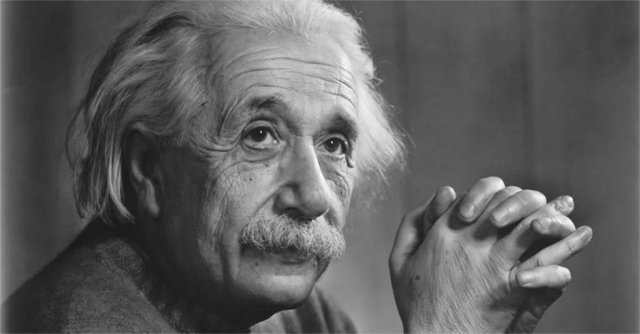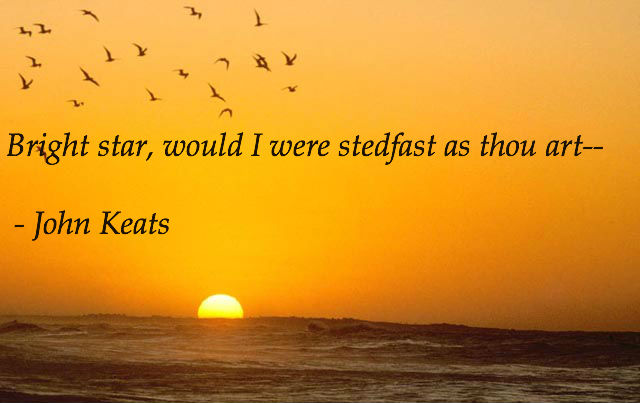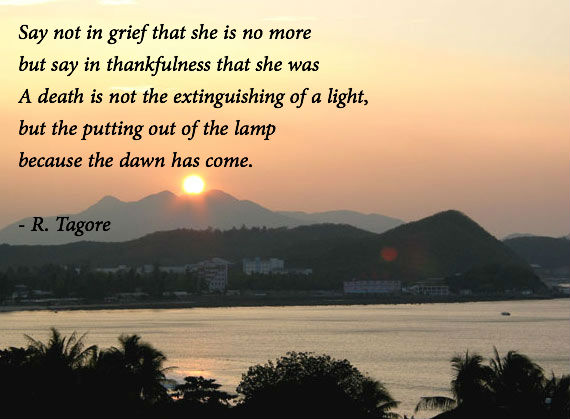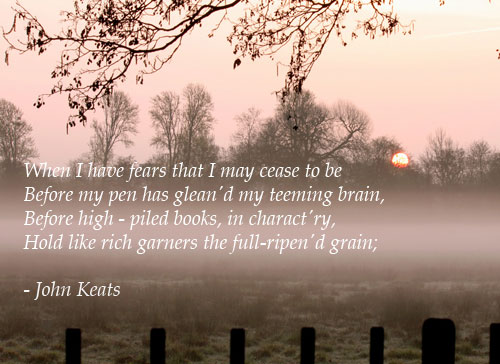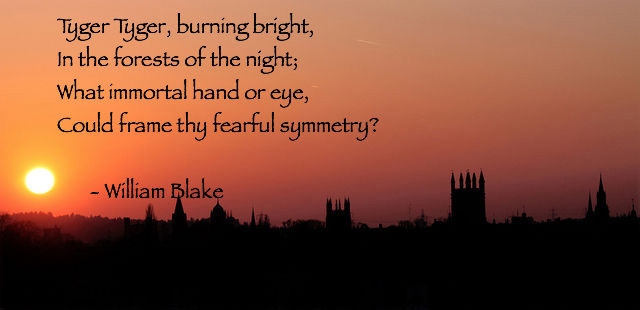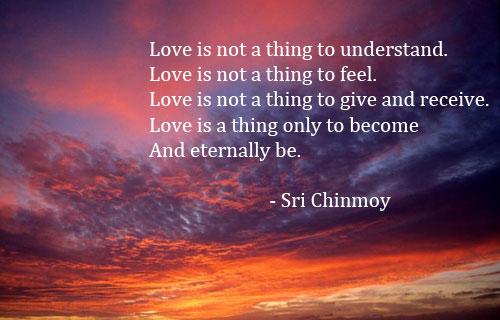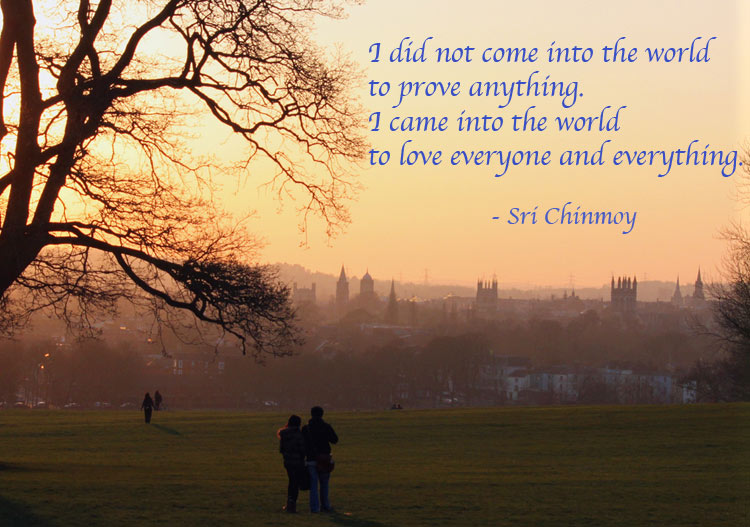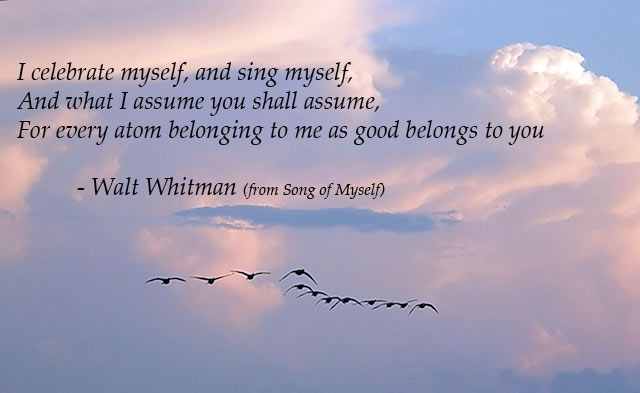
I Celebrate Myself - Walt Whitman
Songs of Myself by Walt Whitman
During the American civil war, Walt Whitman worked as a nurse after being profoundly affected by the sight of wounded solider. Despite the privations and horrors of war, his spirit always sought to see the unity in nature and life. He was influenced by Deism and Transcendentalism. He saw all religions and spiritual paths having validity, though he did not attach himself to any religion.
“I adopt each theory, myth, god, and demi-god, / I see that the old accounts, bibles, genealogies, are true, without exception”
– Walt Whitman [1. With Antecedents, Walt Whitman]
His epic Leaves of Grass is seen as a major element in American literature, his friend Ralph Waldo Emerson wrote:
“I am not blind to the worth of the wonderful gift of “LEAVES OF GRASS.” I find it the most extraordinary piece of wit and wisdom that America has yet contributed. I am very happy in reading it, as great power makes us happy. It meets the demand I am always making of what seemed the sterile and stingy nature, as if too much handiwork, or too much lymph in the temperament, were making our western wits fat and mean.”
– Ralph Waldo Emerson [2. In letter thanking Whitman for a copy of Leaves of Grass. (21 July 1855) ]
Sri Chinmoy writes of Walt Whitman
“Born ahead of his time, Whitman pointed to his nation and to the world the Path of Tomorrow. And, by the Grace of the Supreme, the dawn-rays of Tomorrow have already become visible, however faintly, on today’s horizon.”
– Sri Chinmoy [3. Sri Chinmoy, America In Her Depths, Agni Press, 1973.]
Photo: Sharani.
Footnotes

